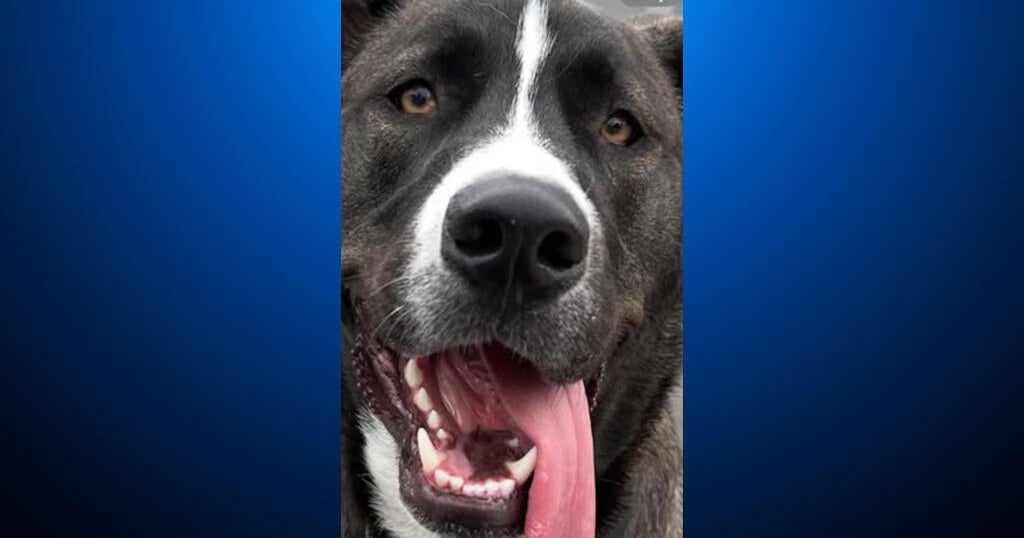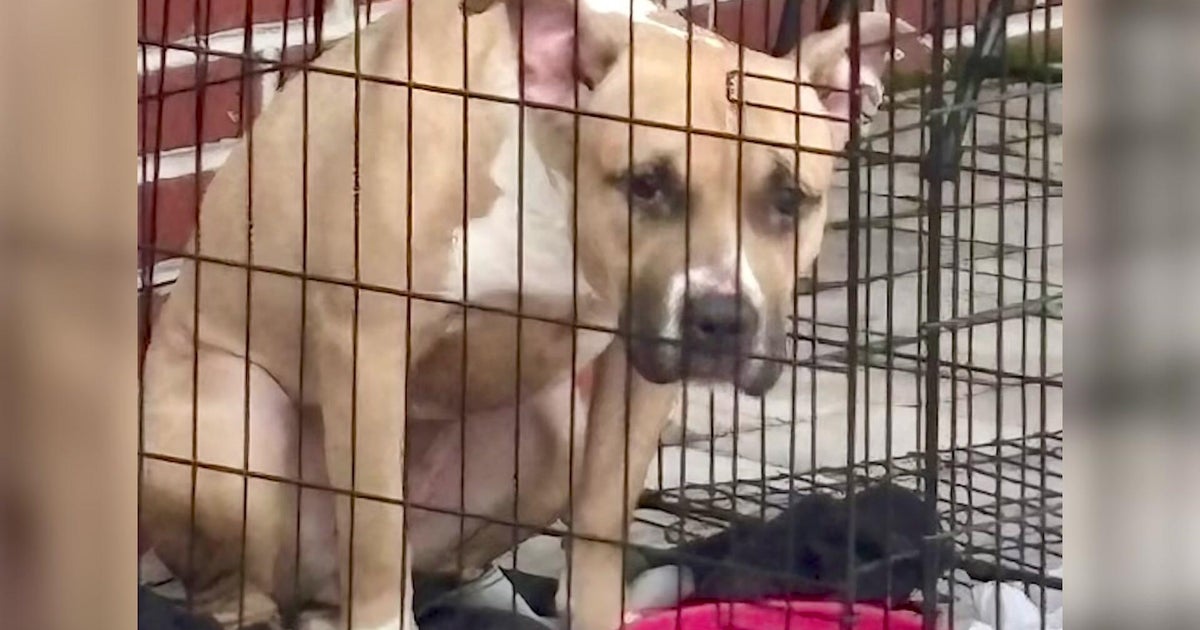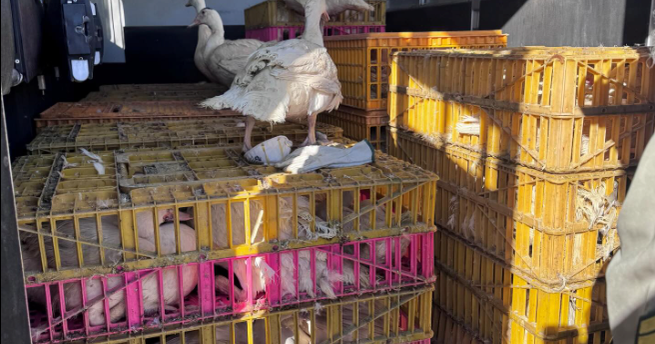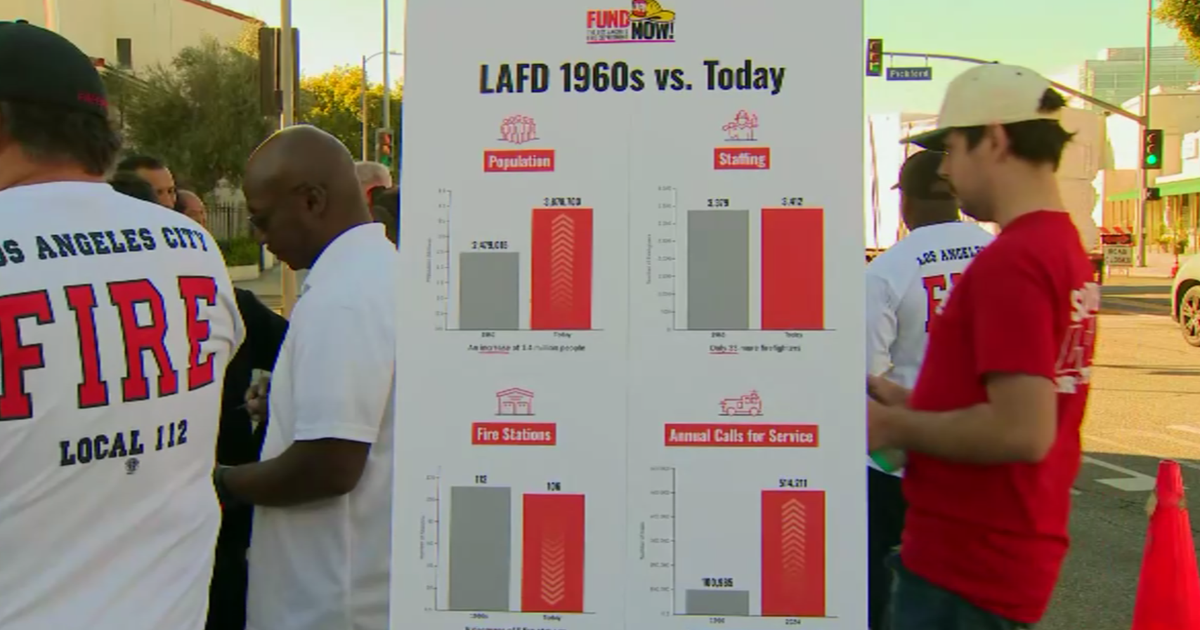Gov. Newsom Signs Bills Banning Fur Sales, Wild Animals in Circuses
SACRAMENTO (CBS/AP/BCN) -- Gov. Gavin Newsom on Saturday signed a package of bills targeting animal cruelty, including the nation's first state ban on the sale of new fur products.
The prohibition on fur means it will be illegal to manufacture, sell, offer for sale, trade or distribute fur products in California.
"California is a leader when it comes to animal welfare and today that leadership includes banning the sale of fur," Newsom said.
The ban under Assembly Bill 44, by Assemblymember Laura Friedman (D-Glendale) applies to products like handbags, clothing and shoes that contain fur.
The new law exempts leather, cowhide and shearling, as well as fur products used for religious purposes. The law also has provisions that exempt taxidermy products, fur from an animal lawfully taken with a hunting license, and used fur.
Animal rights groups on Saturday hailed the new law and said they hope it would inspire similar legislation across the country.
"The enactment of AB 44 reflects the evolving attitudes of compassionate Californians who reject 'fashion' made from tortured animals, and paves the way for other states-and ultimately, the world-to go fur-free," said Fleur Dawes, communications director for In Defense of Animals.
Representatives of the fur industry, however, said Saturday that they would challenge the new law in court, saying it would force longtime businesses to close with no compensation.
"Governor Newsom has now made California the first state in the nation to abolish a centuries-old, lawful, highly regulated, job-producing, environmentally sound, tax-paying industry," said Keith Kaplan of the Fur Information Council of America.
The five-bill package signed by Newsom also included Senate Bill 313, by State Sen. Ben Hueso, D-San Diego, banning wild animals like elephants and bears from being used in circus acts.
The practice of animals doing dangerous tricks for entertainment was "deeply disturbing," the governor said in a news release.
Advocacy group Direct Action Everywhere said it's working with activists to pass similar bills in cities nationwide, including Minneapolis and Portland, Oregon, and it's optimistic California's law will spur action.
"Ordinary people want to see animals protected, not abused," said Cassie King, an organizer with the Berkeley-based group.
Opponents of the legislation have said it could create a black market and be a slippery slope to bans on other products.
The ban is part of a "radical vegan agenda using fur as the first step to other bans on what we wear and eat," spokesman Keith Kaplan of the fur information council said in a prior statement. He further said fake fur is not a renewable or sustainable option.
California joins New Jersey and Hawaii in banning most animals from circus performances.
The law exempts domesticated dogs, cats and horses and does not apply to rodeos.
Circuses have been declining in popularity for decades. The most well-known act, the Ringling Bros. and Barnum & Bailey Circus, closed in 2017 after 146 years of performances.
State officials say at least two circuses that include live animals were scheduled to perform in California this year. At least 18 circuses don't use animals, including Cirque du Soleil.
At first, critics warned the proposal was too broad and would impact county fairs, wildlife rescues or rehabilitation organizations. In response, lawmakers narrowed the definition of circus to include "a performance before a live audience in which entertainment consisting of a variety of acts such as acrobats, aerialists, clowns, jugglers, or stunts is the primary attraction or principal business."
"We are making a statement to the world that beautiful wild animals like bears and tigers have no place on trapeze wires or jumping through flames," Newsom said.
In addition, the governor signed Assembly Bill 1254, which bans on hunting or killing bobcats in California; Assembly Bill 128, legislation aimed to protect wild and domestic horses from slaughter; and Assembly Bill 1260, which adds more types of animals, such as iguana and hippopotamus to the import and trade prohibition of animals and dead animal parts.
© Copyright 2019 CBS Broadcasting Inc. All Rights Reserved. This material may not be published, broadcast, rewritten, or redistributed. The Associated Press and Bay City News contributed to this report








